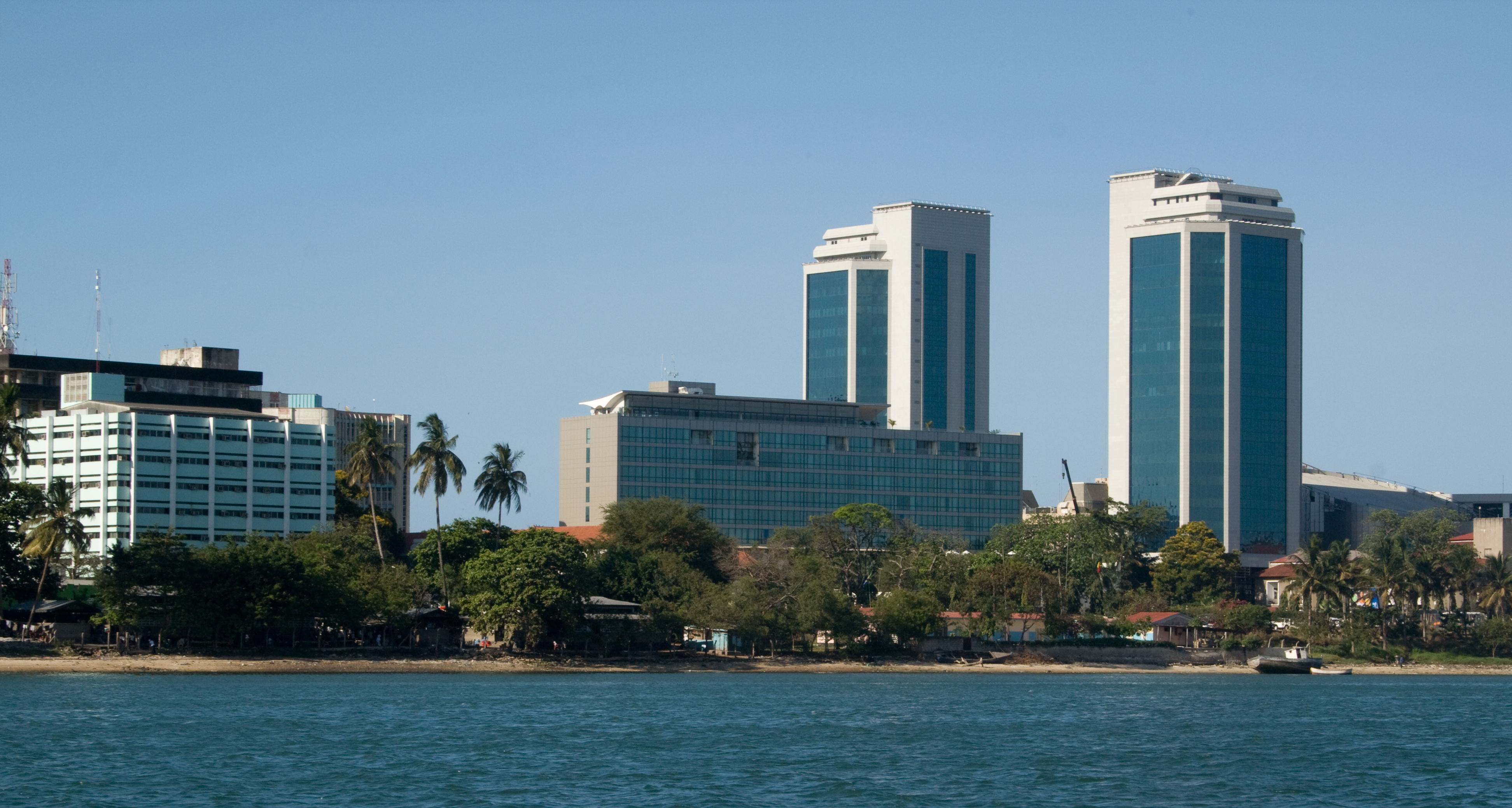Bank of Tanzania launched its Second National Financial Inclusion Framework (NFIF 2018-2022) on 21 December 2017 in Dar es Salaam, envisioning that “Financial products and services meet the needs of individuals and businesses consistent with supporting livelihood, household resilience and creation of jobs.”
“I call upon public and private stakeholders to work closely in implementing the five-year National Financial Inclusion Framework to ensure it is accomplished before the set deadline,” said Prime Minister Kassim Majaliwa during the launch. The new framework targets to raise formal financial inclusion to 75 per cent from 65 per cent in 2017.
He pledged government support in creating a conducive infrastructure and enabling legal and regulatory framework to simplify both access and usage of financial products and services, particularly to the underserved rural population.
“It is proper that the new framework focuses on women and the youth — groups whose access and use of financial products and services are still very low,” he said. The new framework foresees National Identification Cards before 2022 for all citizens, as well as introduction of financial literacy studies from the primary school level.
The First Framework which ended in 2016, focused on building the infrastructure to facilitate citizen’s access to financial services. The framework yielded impressive results, with the percentage of adults with access to formal financial services increasing from 58% in 2013 to 65% in 2017. The usage of informal financial services also reduced from 16% to 7% in the same period.
“Despite some challenges, the first framework registered outstanding results that put the country in the global records,” Outgoing Governor Professor Benno Ndulu said, adding that Tanzania has been the first in Africa and 6th in the world for significant growth in financial inclusion for three consecutive years.
Professor Benno Ndulu emphasized the need for effective and efficient payment ecosystems by improving digital payment platforms and enabling full inter-operability among service providers.
By the end of 2022, the Second Framework is expected to achieve the provision of digital ID for all adult Tanzanians; a tiered Know Your Customer (KYC) regime to enable lower KYC hurdles on opening low-value accounts; any-to-any digital payments to enable full interoperability between all bank accounts and mobile money wallets; driving rural agent growth to serve the cash in/cash out needs of all customers in their community, regardless of who their provider is; and driving service innovation for market awareness of the need to drive relevance in financial offers.
Source: www.allafrica.com

